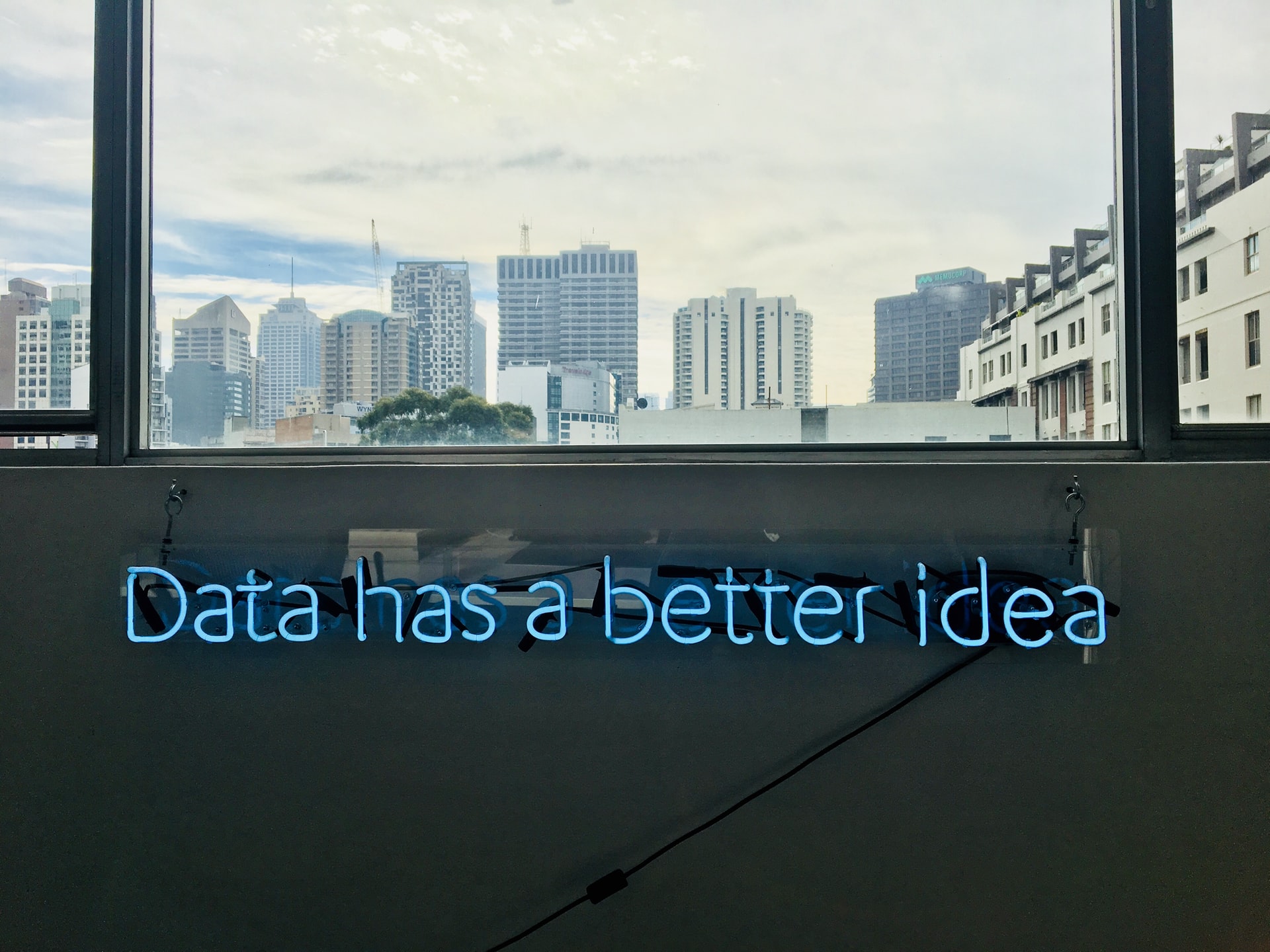What do you do if you think you are spending too much on heating your home? Or if you want to control how long you walk or run daily?
You look for data – how many hours your heating is on in a day or how many steps you did today – and you use this data to understand what is going on, to assess if it is ok for you or not, to decide how to do differently. In both cases you are looking for a way to improve your wellbeing, starting from different points of views: the state of your finances, how comfortable your home is, how active you are.
We can do the same also to influence the way that national and local public bodies handle public issues. Or the way our company communicates. And to better succeed we need to use our empathy.
Let me give you an example found on the Harvard Political Review. In June 2020 it published a piece on “Campaign Zero”, a campaign which aims to reduce acts of brutality by police and particularly to highlight that the most part of the victims of these wrongdoing are Blacks.
Part of the solution lies in data. If we go and look at data, for instance that published by the City of Philadelphia, we can access the data about “Complaints against Police”. It collects data about policemen who have been reported for misconduct, we can see how many times this happened, we can see why, and it is possible to identify them through their ID, we can see that the most part of the complainters were Blacks.
Derek Chauvin, the policeman recently convicted for the murder of George Floyid in Minneapolis, received 18 complaints before that day, but nobody intervene to prevent worst misconduct.
In that case we, as society, have missed to use our empathy plus our rationality to check that something was going wrong until it has been too late.
We had data, data was public but there weren’t enough people who cared about using that data to investigate what happened and understand that there was a risk. We missed to put data in context. To question ourselves about the possible consequences of what data was saying.
Shortly, having data and making it public, it’s not enough until we think that data are just digits. Data always talks about people. Data is a signal that we should read and frame correctly.
How to ask yourself some helpful questions
I believe that a possible solution is adopting a more aware approach on what data means.
Here some questions I usually ask myself to be sure that I am not going missing the “human factor” and the possible contexts about data I am analysing:
- Who are the people involved/affected by this phenomenon?
- Do I know anybody that could be in this category? Can I contact him/her to ask questions and improve my knowledge about what is going on?
- Who are the people who can make decisions based on this data?
- Do I know anybody that could be in this category? Can I contact him/her to ask questions and improve my knowledge about how they use data?
- How do they collect data?
- Is there an area of the city, the region or the country particularly relevant? Why?
- Which are other possible areas/people/decisions related/affected by this data?
- Are there other data that I can use to compare/make relations with mine?
Data is really powerful to enhance efficiency, but if we use it to understand people’s daily life, we can better connect with our audiences – as journalists and communicators.
A good use of data balances technical methods + empathy.
Read the numbers, don’t forget the people.

